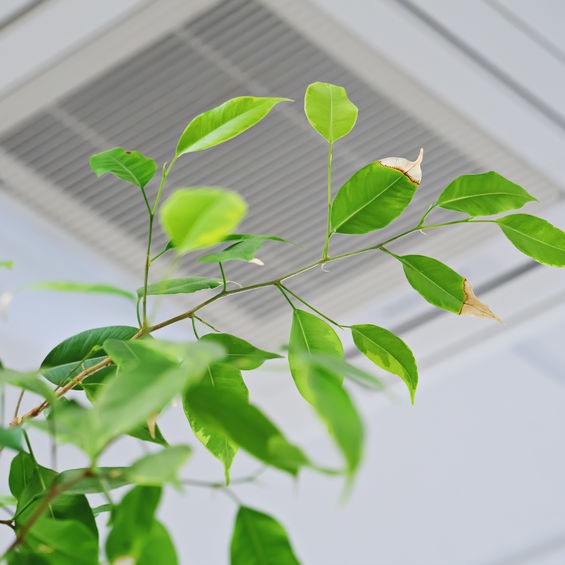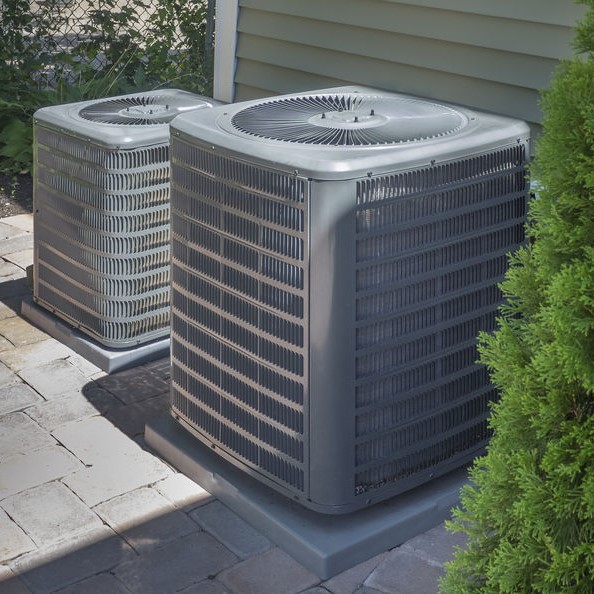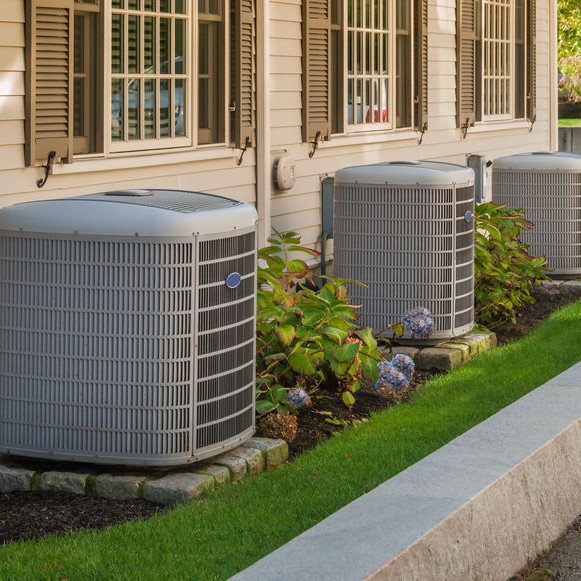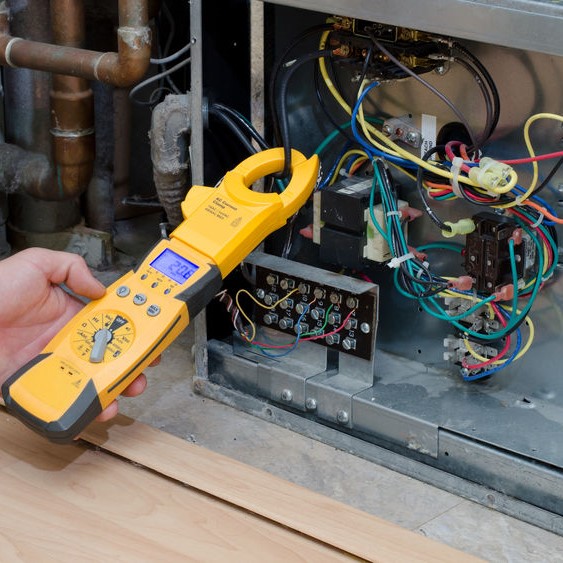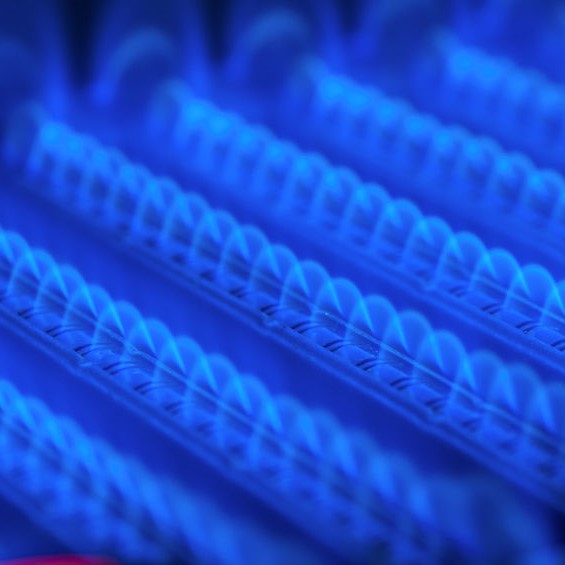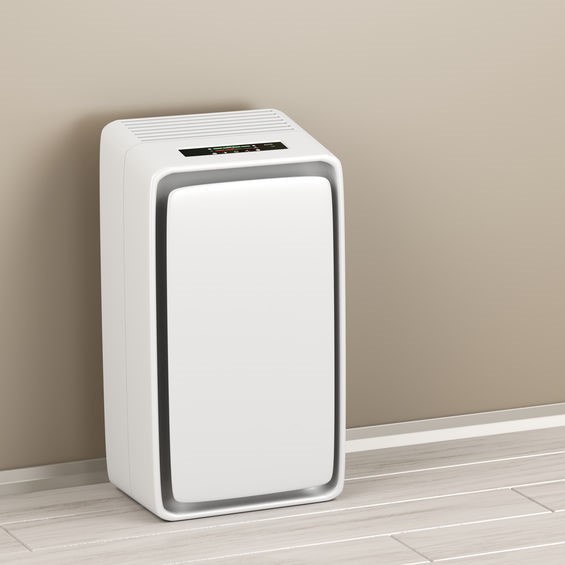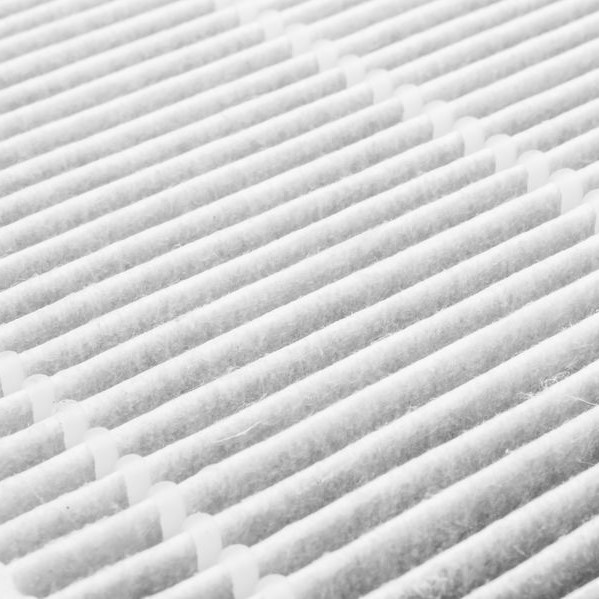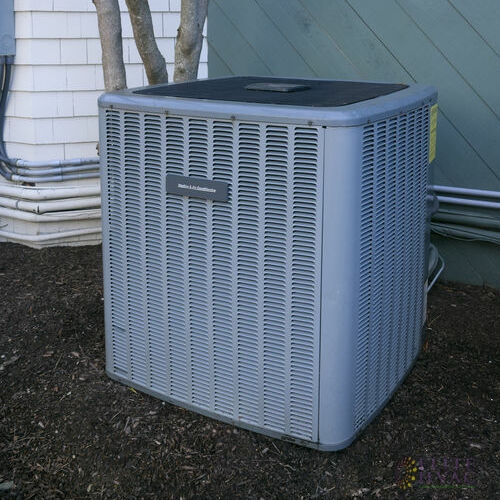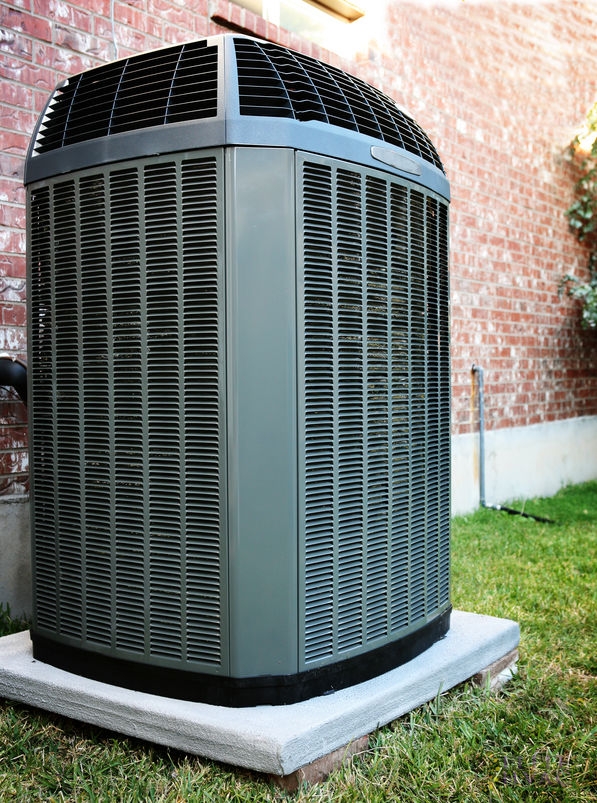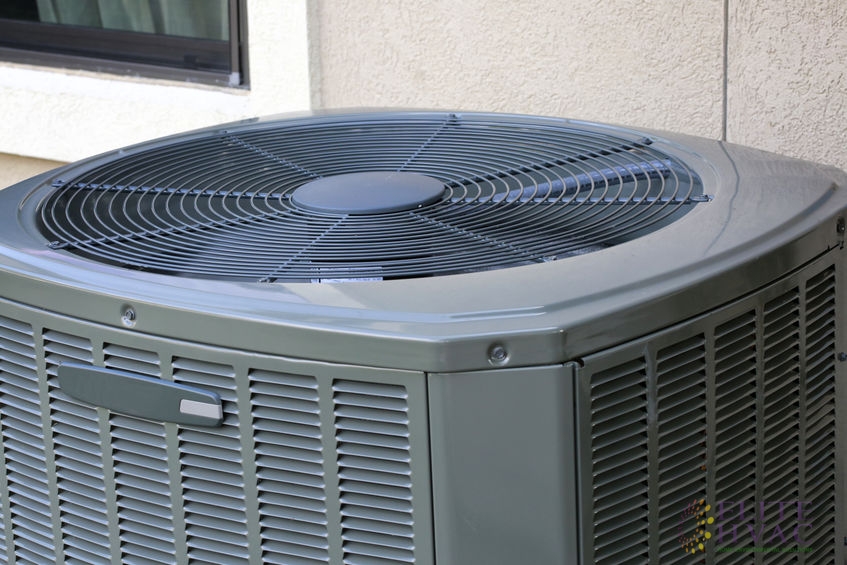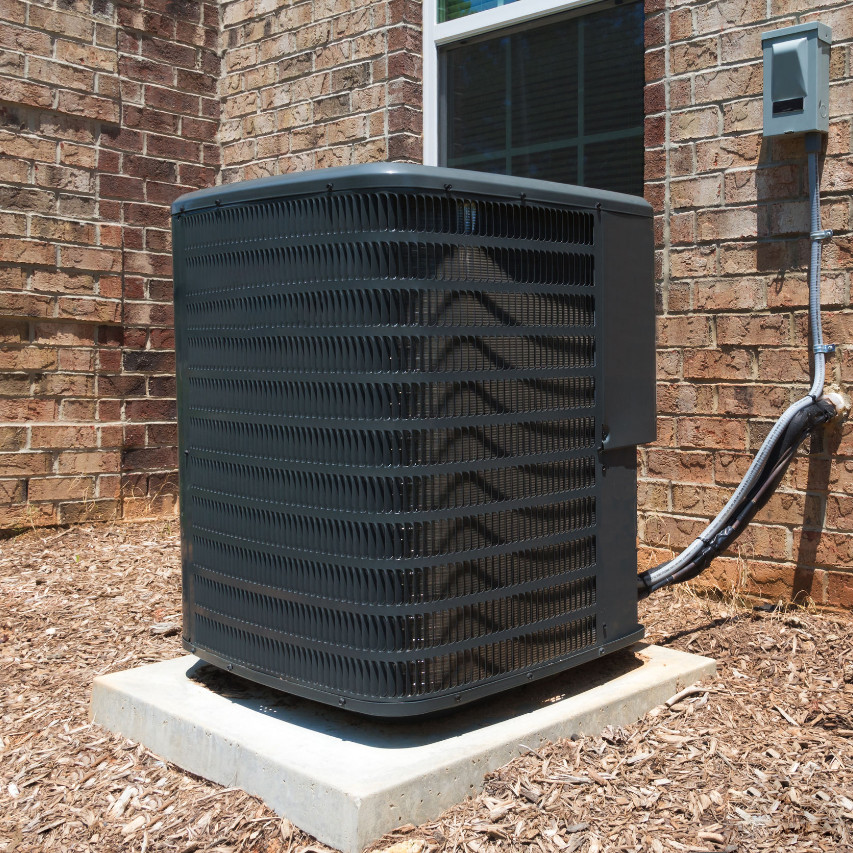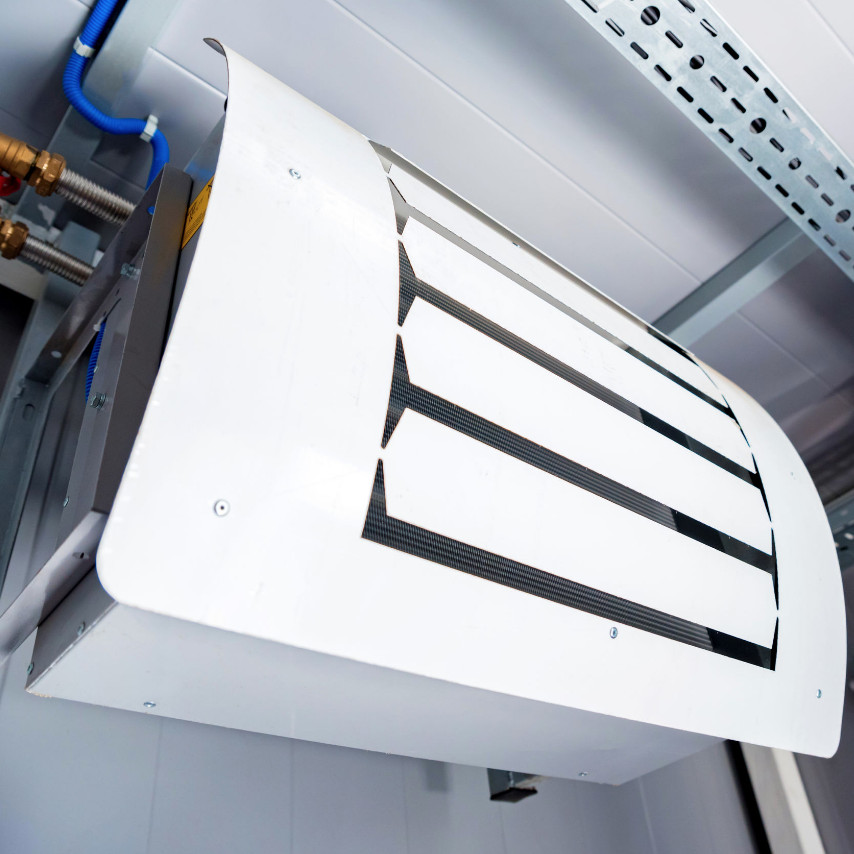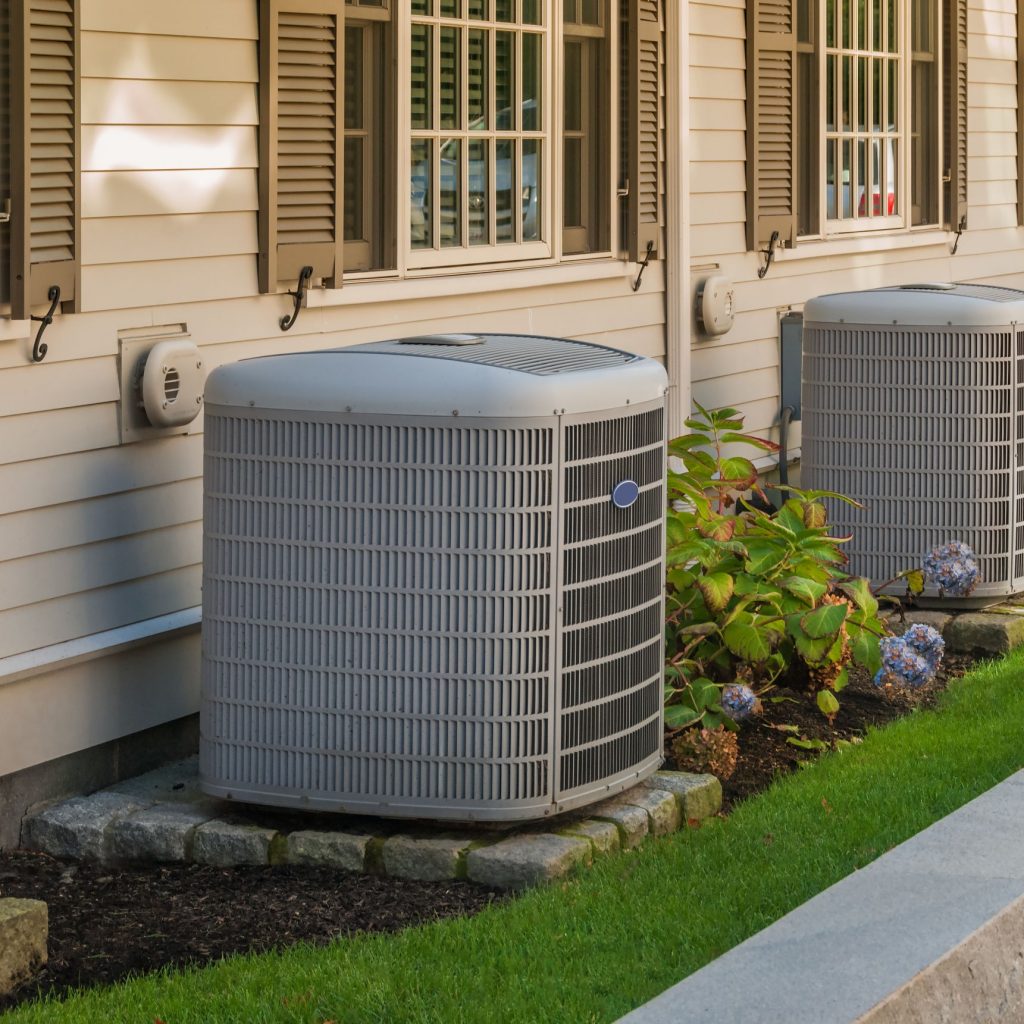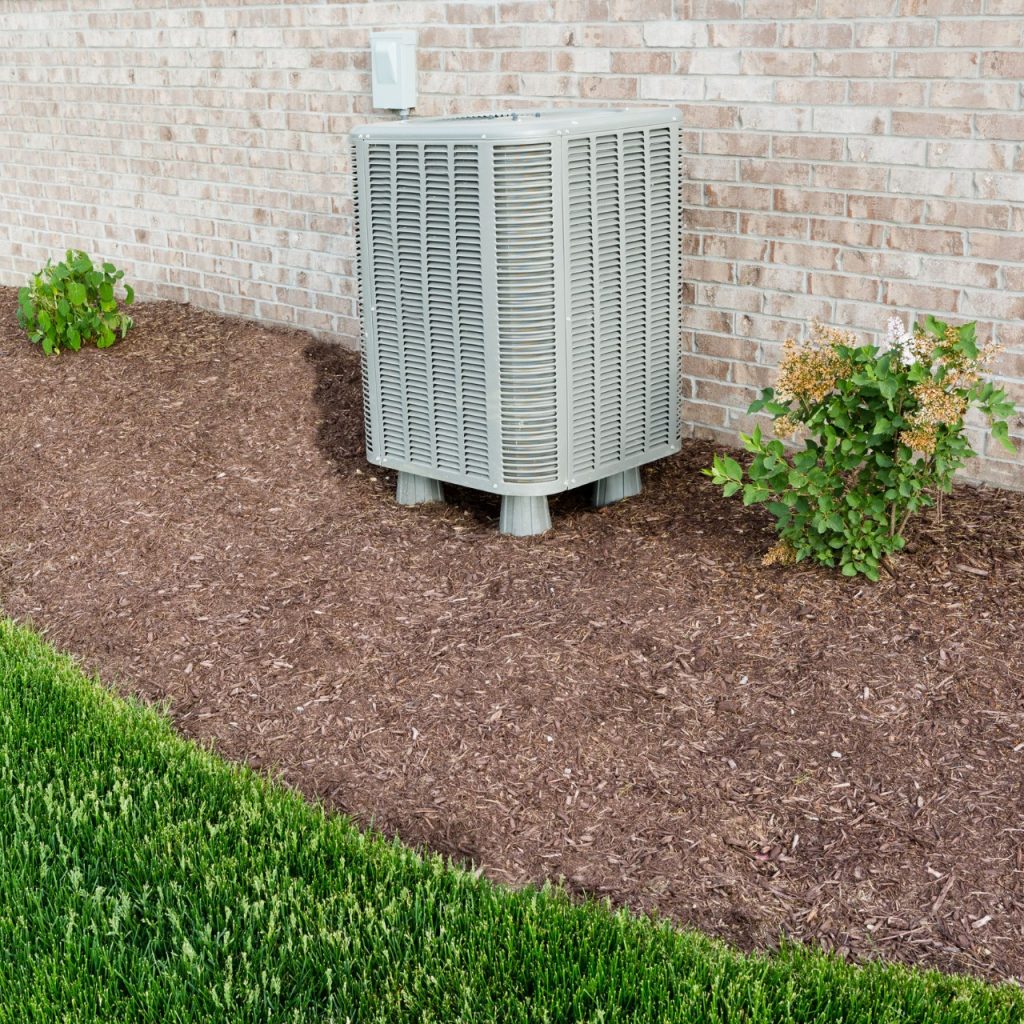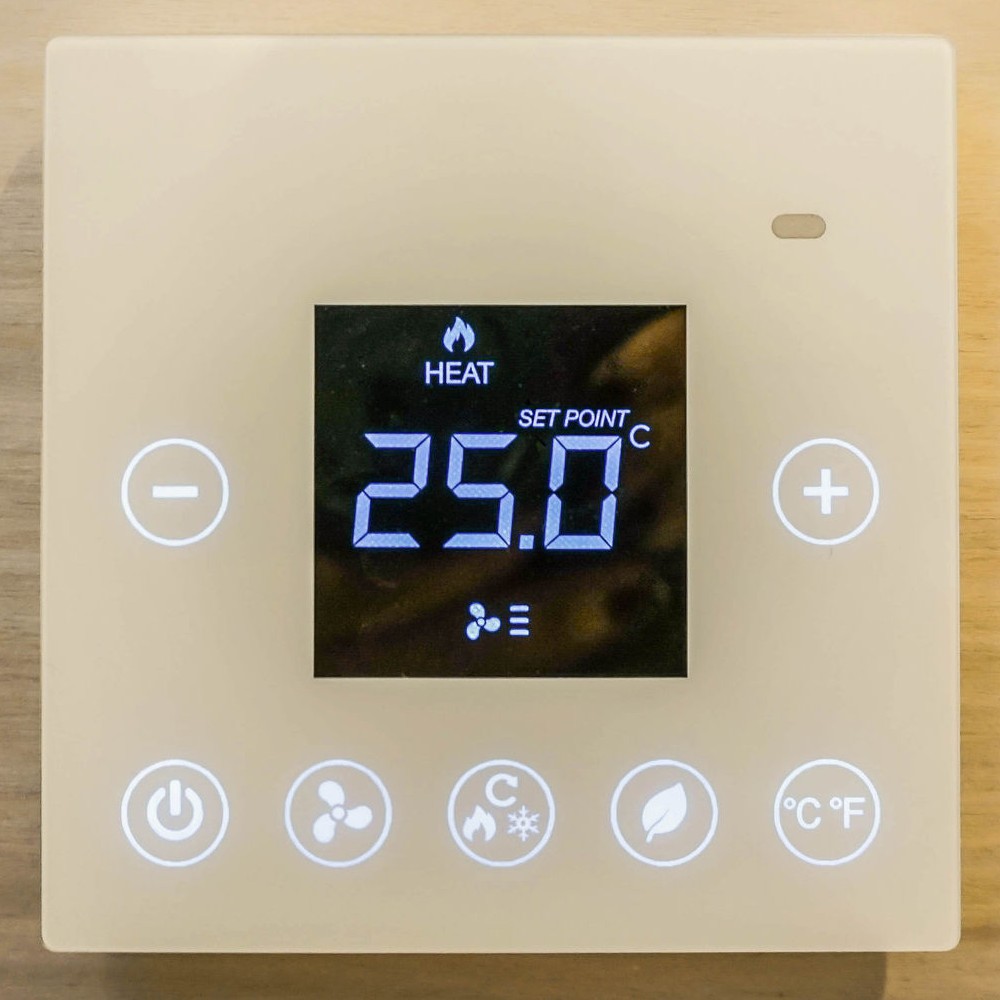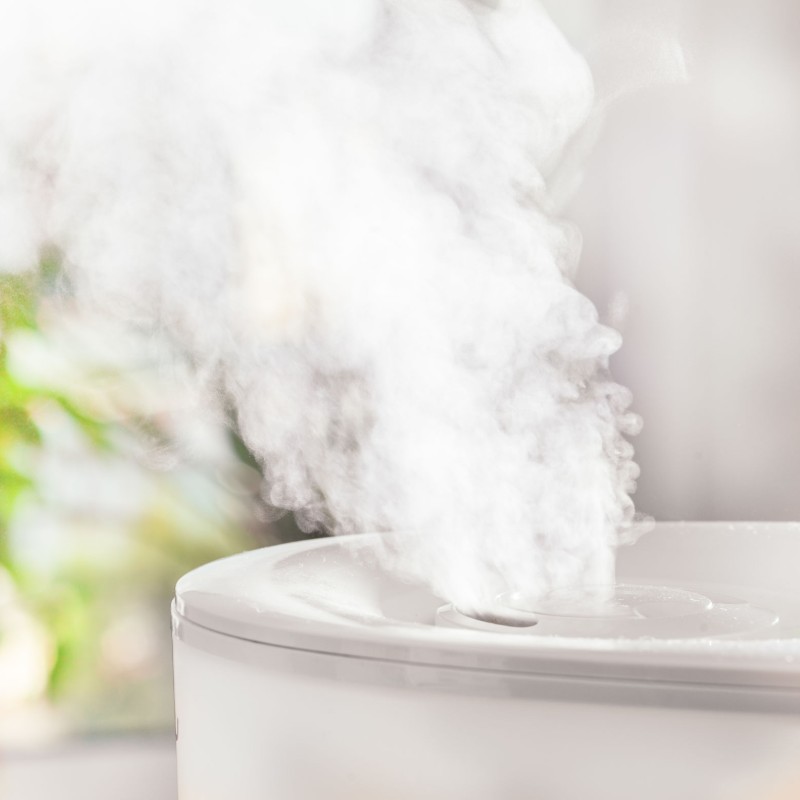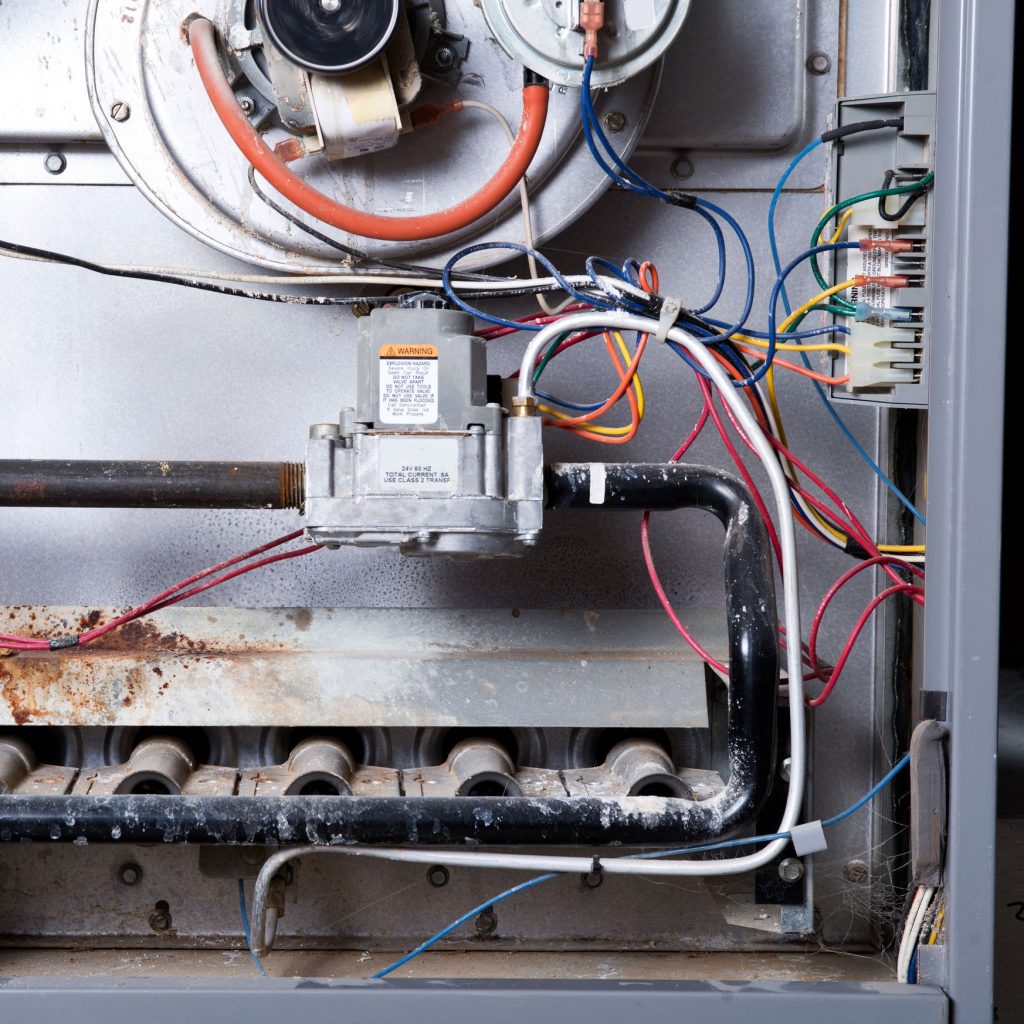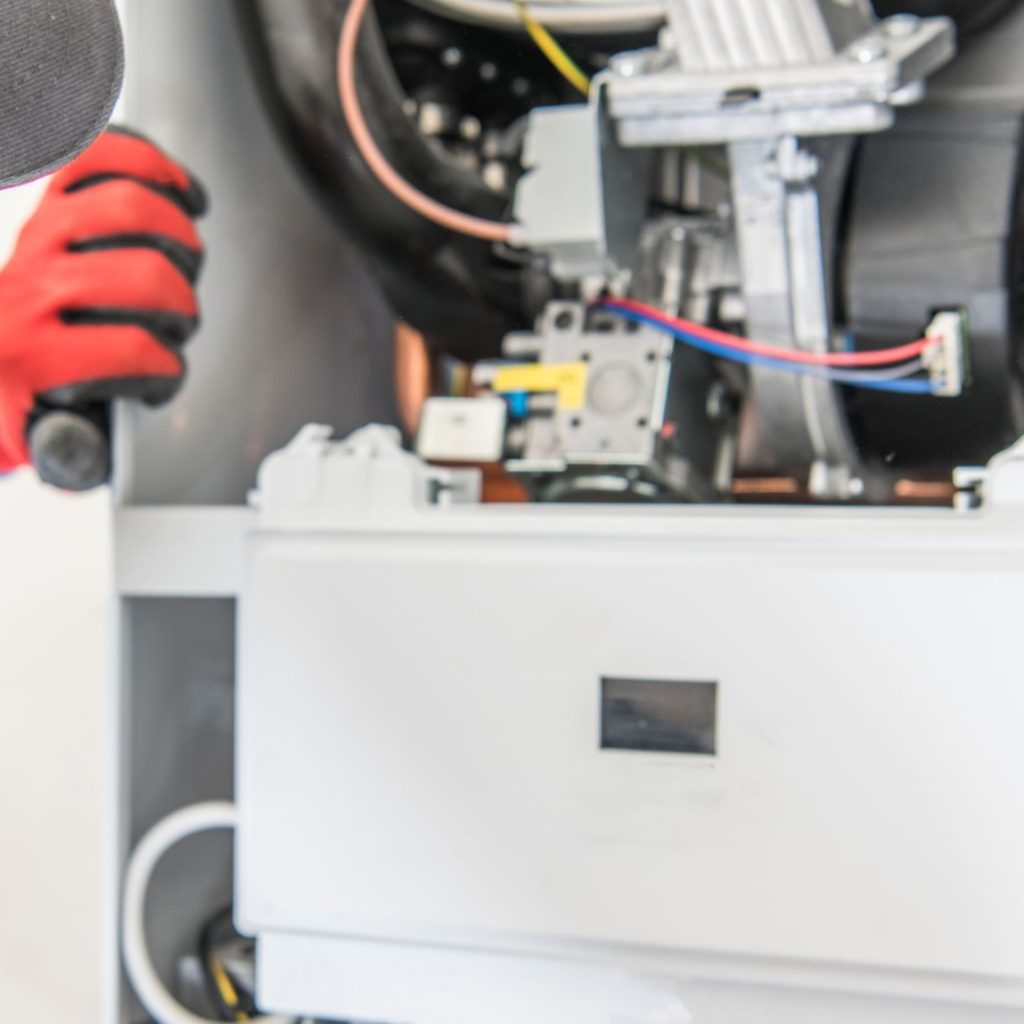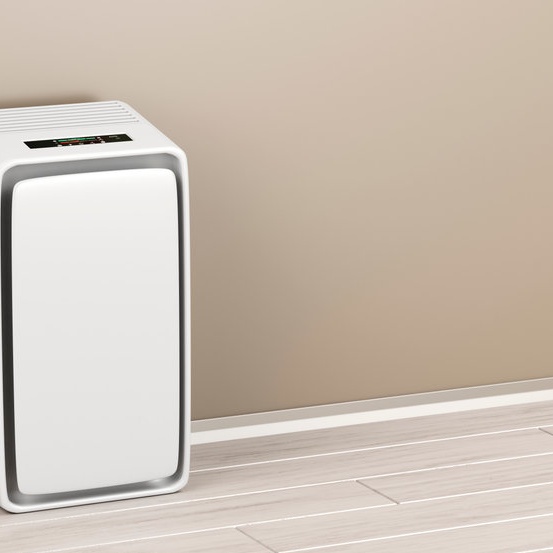
How clean and healthy is the air in your home?
Like most homeowners, you most likely believe it is clean and healthy, but is it really? You change the air filter every 30 days, you’ve placed a few houseplants for air filtration and décor around the house, but is the air in your home really clean and healthy?
If anyone in your home is suffering from allergies, asthma, or other respiratory issues, maybe you should consider what in house air filtration systems could do for your home. Yes, those room air purifiers help some, but they can’t match what whole house air filtration systems can do. Exactly, what is a whole house air filter though?
A whole house filter maybe in a housing or it may be a cartridge that is installed into the ductwork right in front of the HVAC unit in your home. Some varieties fit in prior to being installed. Whole house air filtration systems purpose is to remove harmful particulates from the air in a home. Particles like the airborne viruses we don’t see along with mold, pet dander, pollen, and those everyday odors that we become accustomed to in our homes. Whole house air filtration systems clean and create healthy air for the whole home, not just one or two rooms.
Where should I put my air purifier in my house?
Experts recommend that you place a stand-alone air purifier where the odor is the most offensive, the strongest. For instance, where the smoker in your home does most of their smoking or in a room that tends to have that funky odor. A few pointers where to place a stand-alone air purifier:
- An air purifier should not be placed behind furniture or under furniture or shelving.
- An air purifier should be elevated, but not any higher than 5 feet from the floor.
- All exterior doors and windows should be closed when the air purifier is on.
- An air purifier should not be placed near electronics like microwaves, stereo equipment, or near a television.
- Keep your air purifier opposite side of the roof of a humidifier.
Trapping odors that aren’t originated inside your home can be difficult, but placement of an purifier where the odor(s) are coming is recommended along with following the above listed pointers.
Can air purifiers be harmful?
Yes, but no, maybe? Indoor air purification systems and unit have become widely popular with more and more homeowners concerned with air pollution and the health of their family. While an air purifier targets airborne particles, dust, pollen, and VOCs (volatile organic compounds), there are some unit that produce ozone in the process of cleaning the air.
There are ionic air purifiers that charge airborne particles and attract them electrostatically to metal electrodes, then as an ionization byproduct, emit ozone. Even if only a few milligrams of ozone are emitted each hour, it is the same amount as what dry-process photocopier emits with continuous operation.
Ozone has been known to cause chest pains, coughing, and damage, irritate throats and cause shortness of breath. Where air purifiers are intended to help those with respirator disease and issues, the ozone created can worsen them and compromise the body’s ability to fight a respiratory infection.
If you’re in the market for an air purifier, here are some tips as what to avoid:
- Ozone Production. There are air purifiers on the market that produce ozone, a known lung irritant. Choose an air purifier that doesn’t emit ozone.
- HEPA Filters. Choose an air purifier that uses a HEPA air purifier, the gold standard for creating pure air. Hospitals and other healthcare settings use only HEPA filters for a reason.
- Individual Room Units. Experts recommend whole house air filtration systems versus individual room unit. Keeping clean, fresh air for the entire home makes more sense then pick and choosing rooms.
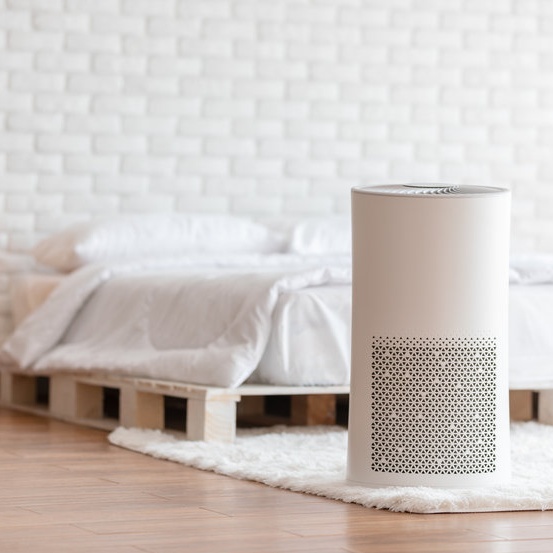
Are air purifiers a waste of money or Do whole house air filtration systems work?
Whole house air filtration systems offer many health advantages, among them are:
1. Allergy and Asthma Triggers Lowered
Whole house air filtration systems reduce the contaminants that can trigger these respiratory issues like, dust, mold, pollen, and VOCs.
2. Issues Causing Poor IAQ Reduced
Even if allergies or asthma aren’t a concern or issue in your home, whole house air filtration systems can reduce the thing that poor indoor air quality causes or irritates like dizziness, fatigue, headaches, itchy eyes, nose, skin, and throat. Coughing, sneezing, and nausea are reduced as well, even if these things aren’t specifically linked to the IAQ of your home, your family will feel better overall.
3. Rid Odors
A home with persistent odors from cooking or tobacco can be hard to eliminate. Whole house air filtration systems with activated carbon filter or charcoal filters are ideal in helping with those odors and more.
4. Reduces Everyone Getting Sick
Whole house air filtration systems remove some bacteria and that are keeping everyone in your home from being in good health, especially during the winter months when houses are shut up. pathogens.
Whole house air filtration systems are the best way to go, but not always affordable or feasible. When that is the case, household air purifiers comparison is better than nothing, and when combined with replacing the central air filter, dirty air has less chance of making everyone sick.Call (714) 464-6622 today for your air purifier installation in Orange, CA.

